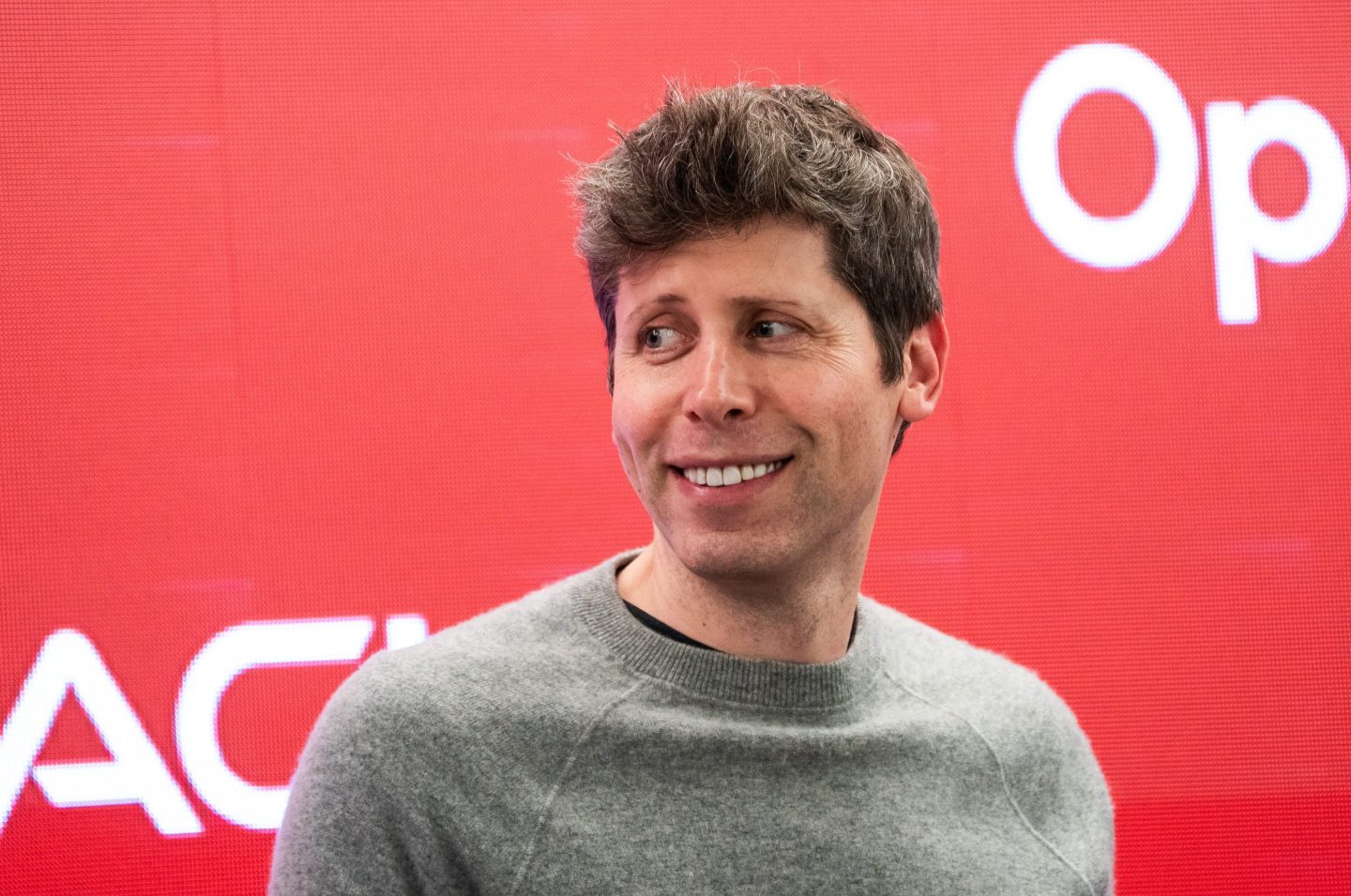Amazon is turning over an empty building near its new Seattle headquarters to a local organization for use as a homeless shelter for the next year, according to local reports.
King5, the local NBC affiliate, was first to report that a nonprofit, Mary’s Place, will convert an old Travelodge Hotel into a shelter for homeless women and their families.
Mary’s Place disclosed the move on its Facebook (FB) page, stating: “We’re still giddy over this morning’s announcement of the new Guest Rooms Family Shelter! We can’t thank Amazon.com (AMZN) enough.”
The shelter is expected to house about 200 homeless people in a city where homelessness has become a big problem. John Schoettler, Amazon’s director of global real estate and facilities, told The Seattle Times that the company first talked to Mayor Ed Murray’s office about the idea and then approached Mary’s Place.
Get Data Sheet, Fortune’s Technology Newsletter.
Seattle, like many big cities experiencing a tech boom, has seen gentrification erode the supply of affordable housing. Last November, Murray declared “a state of emergency” to deal with the growing problem.
The Uncomfortable Truth About Brad Stone’s Amazon Book
The building donation is an interesting piece of positive press for a company that’s drawn negative attention for the working conditions in its warehouses and headquarters.
For more on Amazon, watch:
A New York Times article in August focused on the company’s “bruising” culture. It prompted an internal response to staff from Amazon CEO Jeff Bezos, followed a few months later by a very public response from Jay Carney, a former White House press secretary-turned-Amazon senior vice president, who ripped the story. (Carney is also a former reporter for Time Magazine, which is owned by Fortune parent company Time Inc.)
More recently, in his annual shareholder letter Bezos defended Amazon’s culture while acknowledging that it is “not for everyone.”













